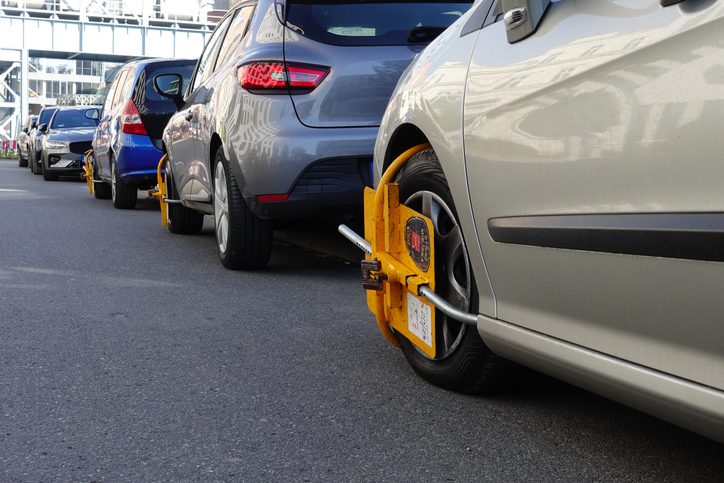Lending your vehicle to a family member or friend might seem harmless – especially if it’s just for a quick errand or a short trip. But what many drivers don’t realize is that if the person behind the wheel gets into an accident, your insurance is usually the one that responds, not theirs. In Ontario, the rule is simple: insurance follows the car, not the driver.
That means even if you weren’t anywhere near the accident, the claim will typically go through your policy, and you may be responsible for the deductible and any rating impact that follows.
Why Your Insurance Is the One That Pays
When you give someone permission to use your vehicle, you also extend your insurance coverage to them. As long as the person driving is legally allowed to do so and not specifically excluded, your policy steps in to cover damage to your vehicle and liability for anyone else involved.
In other words, the insurance protection travels with the car – so the moment you hand over the keys, you’re also handing over the responsibility.
Could This Affect Your Premium?
If the accident is considered at-fault, your insurance history – not the driver’s – may reflect the claim. This can potentially impact your future premium, even though you weren’t behind the wheel. The person driving could still face consequences privately (for example: reimbursing the deductible), but from the insurer’s perspective, it is your policy responding.
This is why it’s important to be selective about who drives your vehicle and ensure they have a clean driving record and valid insurance of their own.
When Coverage May Not Apply
There are situations where your insurer may deny coverage altogether. For example, if the person borrowing your car is unlicensed, impaired, or operating it outside the terms of your policy. In these cases, you could be personally responsible for damages. Simply put: you should never lend your vehicle to someone you wouldn’t trust to be fully accountable for it.
How a Broker Helps Protect You
Before you lend your vehicle regularly – especially to adult children, roommates, or recurring drivers – a broker can help you determine whether they should be formally listed on your policy. This protects you from unintended gaps and avoids complications in the event of a claim.
If a crash does happen, a broker acts as your advocate, guiding you through the claims process, explaining what’s covered, and helping you manage next steps quickly and fairly.
_
Lending your vehicle means lending your auto insurance along with it. Understanding how the coverage works ahead of time can prevent surprises, and give you peace of mind knowing you’re making an informed decision. If you regularly share your vehicle, or want to make sure your current policy properly reflects who’s driving it, our team is here to help you review your coverage and make sure everyone is acting in their best interest. Get in touch with our pros to learn more.
Call us at 1-855-385-4226
Request a Policy Review











